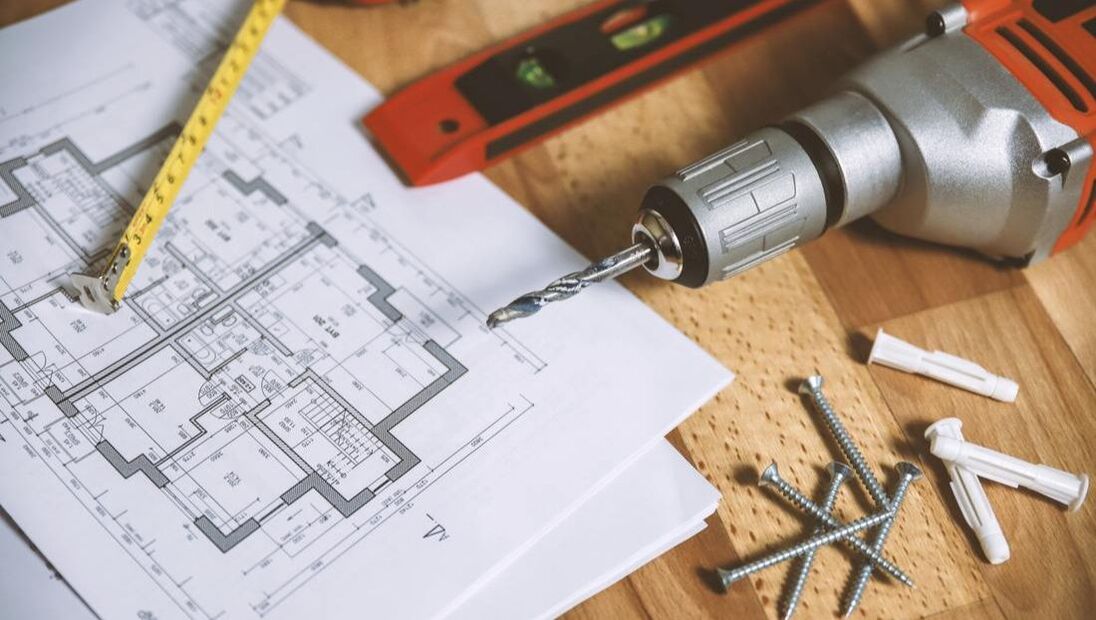Renovation has three phases – and only one of them involves renovating! Pre-renovation and post-renovation also need a strategic plan. What is the new positioning/concept for your hotel? Will you change the name, brand, or re-brand it with another operator? How will the market respond to your alterations? Will you close or remain open? What will be your total project cost and your return on investment? All of these are vital questions for hotel owners to consider before going ahead. Why Renovate? This question may seem odd – surely you renovate because your property needs renovating – but it’s important to dig a little deeper. The key distinction to be made is between maintenance and repositioning. If a hotel is no longer performing well, then a mere facelift to spruce up the property to how it looked in its heyday won’t suffice. Instead, a comprehensive repositioning strategy may be necessary, and that will involve careful thought about how the renovation is going to contribute to the bottom line in the future. Some renovations will generate new income streams by adding to the products and features available and thereby increasing the demand. Some renovations will save money through improving the operational efficiency of the hotel or reducing energy costs. Other renovations will help the hotel to recover lost ground, perhaps by modernizing the appearance of the rooms so that room rates can be brought back in line with those of rivals. Finally, there are renovations which are essential but do not bring about any financial gain. These might include changes made to fit regulatory requirements, or the replacement of ageing equipment. In all cases, it’s important to know what kind of renovation is about to be implemented, and how it will impact the financial operation of the property. Is it feasible? Too many hotel owners believe they can handle everything themselves, and the problems often start from the initial process of selecting a designer or a contractor before even knowing what they intend to achieve (what is the concept, market positioning, scope of work, budget, timeline, etc.). A renovation/repositioning is a highly strategic move that requires a proper feasibility study. How will it look? Another cause for concern is that everyone seems to be an interior designer these days. Many hotel owners have great taste but that doesn’t always translate into great interior design. A hotel is highly complex with its specific set of requirements in terms of practicality and functionality, and proven expertise is essential to avoid impactful and costly design mistakes. Tip #1 Plan thoroughly before you start and get professional advice from Day 1. It’s more expensive to correct mistakes and throw in alterations than to get the details right from the beginning. Tip #2 Understand why you are renovating. If you aren’t sure what you want to achieve, whether it is feasible, if the market is ready, and how you’re going to recoup the investment, then you aren’t ready to renovate. Tip #3 Don’t cut corners! If you think it’s expensive to pay for advice, just wait until you see the cost of ignoring it. The soft costs for a professional Development Manager who will help you define your strategy and then execute it will be offset many times over thanks to the the savings in project cost and timing you’ll achieve througha properly executed plan. In summary, while every renovation project may be unique, the most common ways of going astray are consistent across the board. Avoiding the pitfalls means asking yourself the right questions at every stage, finding the wisdom to take the right advice, and double-checking every detail so that nothing gets overlooked. At Nova Asset Management we know the process inside-out. In the long run, it will probably cost you less to talk to us first.
1 Comment
|
[ Archives ]
May 2020
[ Categories ] |
THAILAND l INDONESIA l SINGAPORE[ Contact us ]
|
Bangkok (HQ)
RSU Tower, 9th Floor 571 Sukhumvit Road | Klongton Nua, Wattana | Bangkok 10110, Thailand Indonesia (office) Noble House, 30th Floor Jl. Dr. Ide Anak Agung Gde Agung Kav. E.4.2, Jakarta 12950, Indonesia Singapore (office) 160 Robinson Road, #14-04, Singapore (068914) |
[ Our Awards ]
|
|
Copyright © 2021
|
|
|
|
|





 RSS Feed
RSS Feed
